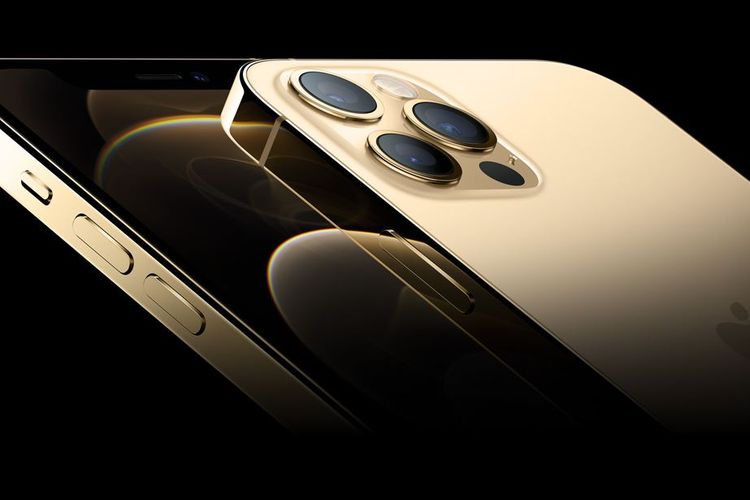–
Published on: 18/10/2020 19:08
The car tax is the regional tax that all owners of a car are required to pay annually. In case of non-fulfillment, the Region can carry out an investigation and send a specific payment notice, with registration of the amount due and risk of incurring administrative detention, with consequent impossibility of being able to circulate. In reality, not all owners of a car are forced to pay road tax: there are some cases of exemption which relieve owners of the obligation of having to pay this tax, as recalled laleggepertutti.it.
When is the car tax not mandatory? These are special conditions which are not due to the Region. For example, the car tax is not due in the case of loss of possession, or for owners of historic cars. In short: there are several hypotheses in which the car tax does not have to be paid and there is no risk of incurring any penalty. Let’s see what the law says about it and, therefore, establish when the car tax is not mandatory.
The car tax must be paid every year, under penalty of having to pay a penalty for arrears and, subsequently, to incur much more severe penalties.
In the case of the purchase of used cars, the obligation to pay the road tax is imposed on who is the formal owner at the time of expiry. This means that if someone buys a car and becomes the actual owner a few days before the deadline for payment, they will be forced to pay the stamp duty immediately.
The same applies to the purchase of a zero-kilometer car, that is, a car registered by the same dealership to achieve the sales objectives: the first stamp duty must be paid by the owner on the last day to make the payment. .
In other words, the stamp duty is imposed on whoever is the owner of the car on the day of expiry of the payment deadline. Therefore, if the purchase takes place after the aforementioned term, the first stamp duty is always paid by the licensee who made the registration. If not, the buyer will have to pay. Let’s take some examples.
The payment of the car tax takes place keeping in mind three precise deadlines: January, May and September. Only in these months it is possible to pay the stamp duty due in the previous month.
The car tax covers a period of one year. However, when you buy a new car outside the months of December, April and August (i.e. the months preceding those intended for payment), the amount of the first stamp will be split and will therefore cover not twelve months, but the maximum quota necessary to reach the furthest expiry month.
Anyone who buys a car in the first twenty days of a month is required to pay for it by the end of the month; this, however, does not mean that the stamp will be paid in full.
For example, if you buy a new car in November, you won’t be able to make a full payment for twelve months, as the November deadline isn’t set. What you can pay will be the amount of the stamp duty up to the month of August (which is one of the three months of expiry).
Therefore, the car tax will be split up and will cover only ten months, up to August of the following year (registration month included). To obtain the amount actually due, simply multiply the annual amount by the months of coverage, all divided by twelve (the months in a year).
The year following the first stamp, however, will involve the regular payment for twelve months and, therefore, the payment of the total amount.
As anticipated, there are some cases in which the car tax does not have to be paid; here are the main ones:
car radiation. With the radiation the car ceases to exist as a juridical good; the car tax must not be paid starting from the tax period following the one in which the vehicle is removed from the Pra. The radiation can be justified by the occurrence of different circumstances: demolition of the vehicle; export abroad; etc.
car theft. In order to no longer have to pay the stamp duty, it is necessary to report the theft and deposit a copy of the report to the Pra, thus obtaining the loss of possession of the vehicle. We will talk about it at length in the next paragraphs;
car sale. Those who transfer (free of charge or for a fee) their vehicle to another person no longer have to pay the stamp duty, if this expires after the transcription of the deed of sale or donation to the Pra. However, it could happen that the buyer or the donee, despite having noted the transfer of ownership in the vehicle registration document, did not proceed to the subsequent transcription to the Pra;
disability of the holder. The following subjects are entitled to exemption from paying the car tax: blind and deaf; disabled people with a mental or mental handicap entitled to the accompanying allowance; disabled people with severe limitation of the ability to walk or suffering from multiple amputations; disabled people with reduced or impaired motor skills (in this case the vehicle must be adapted);
vintage cars and historic cars, starting from the thirtieth year following its registration;
administrative detention. In general, most of the Regions provide for the exemption of the car tax in the event of an administrative detention carried out by the Collection Agent. However, the Constitutional Court said that the Region is not required to guarantee this exemption and could still order the payment of the tax;
renunciation of the inheritance: whoever renounces the inheritance can have this renunciation recorded in the Pra. In this way he is no longer required to pay the road tax for the deceased’s car passed in succession;
low environmental impact car. For example, LPG cars do not pay road tax for the first five years;
vehicles registered to non-profit organizations (according to what the state and regional legislation provides annually);
Prescription chapter: the car tax expires in three years. The three years begin to run from 1 January of the year following the one in which the vehicle tax was to be paid and therefore end on 31 December of the third year. Consequently, starting from 1 January of the fourth year following each request for payment of the stamp duty is illegitimate because it has now lapsed.
–
REPRODUCTION RESERVED © Copyright Adnkronos.


